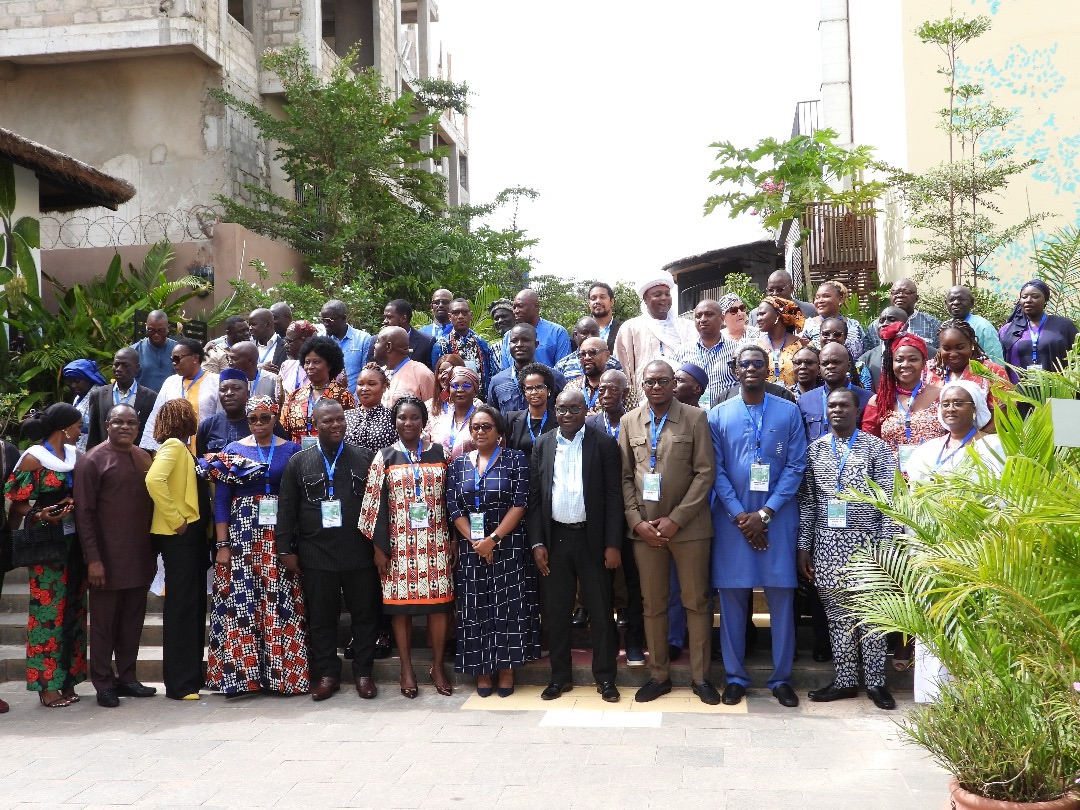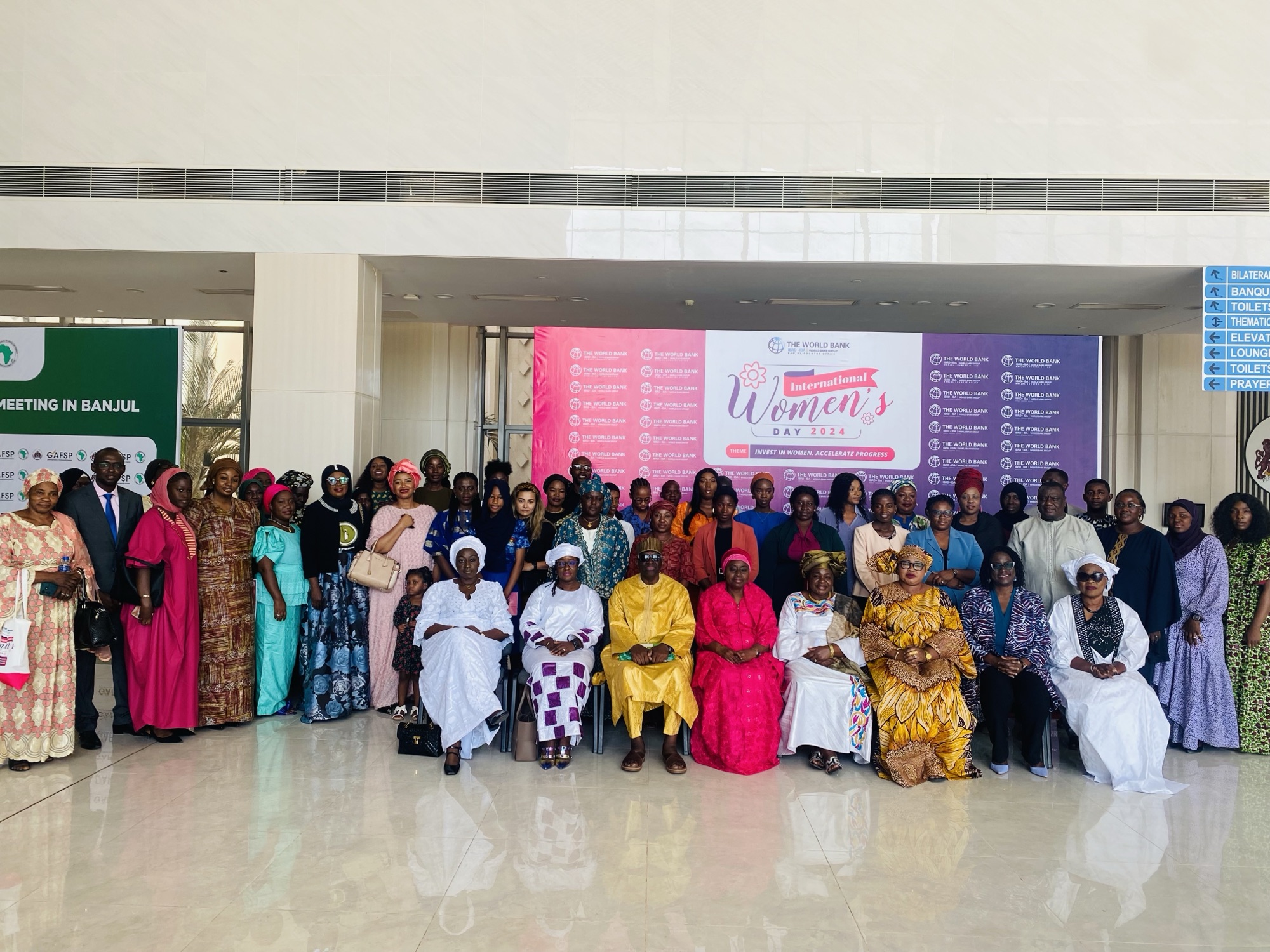By: Yunus S Saliu
The Gambia, through the Ministry of Health in collaboration with the West African Health Organization (WAHO), is currently hosting a three-day workshop to develop collaborative mechanisms for effective engagement of civil society organizations and community leaders in epidemic preparedness.
The workshop, underway at Bakadaji Hotel, Kotu,commenced on Tuesday, 25th June 2024.
Baboucarr Faal, who addressed participants on behalf of the Director General of WAHO, thanked the Gambian authorities for hosting the workshop. Mr. Faal described the workshop as an important meeting while thanking The Gambia for the continued support to the WAHO in facilitating the implementation of regional activities.
He also thanked the delegates from the ECOWAS Member States and the representatives of all the stakeholders for responding favorably to their invitations, emphasizing that the workshop aims at strengthening and developing collaboration and coordination mechanisms for the effective engagement of civil society organizations (CSOs) and leaders in epidemic preparedness, response, and recovery in communities.
He recalled that there were 50 new outbreaks of emerging and re-emerging infectious diseases recorded in the ECOWAS region in 2023.
“This represents around 40% of new epidemic outbreaks notified in the WHO African region,” he added. This, he continued, means that the region remains one of the parts of the continent most affected by these events, saying that these emergencies start with communities and end with communities.
According to him, integrating the opinions and experiences of community leaders and civil society into health emergency preparedness, response, and recovery efforts ensures that interventions are not only more effective and sustainable “but also more respectful of local cultures and responsive to the diverse needs of communities”. He explained that their involvement strengthens resilience, fosters collaboration, and ultimately saves lives.
Faal noted that the leaders and organizations possess invaluable local knowledge and understand the subtle contexts of their communities as well, describing the social and behavioral sciences, community engagement, and risk communication as essential public health interventions. He stated that it’s in this context that WAHO, with the support of the AfDB, organized this regional workshop which, he reiterated, aims to improve collaboration and coordination between Ministry of Health intervention teams, civil society organizations (CSOs) and community leaders – including women leaders in the management of the epidemic.
Babading Sabally, the Deputy Permanent Secretary at the Ministry of Health, who is also the WAHO Gambia Focal Point, welcomed participants to The Gambia.
He explained that WAHO, through the Regional Centre for Surveillance and Disease Control (RCSDC), shares a common interest in strengthening health systems for positive health outcomes within ECOWAS Member States.
He underscored that Risk Communication and Community Engagement (RCCE) are vital tools that are part of the mitigation and prevention, response and control, and recovery phases as outlined in the International Health Regulations (HIR 2005).
The ECOWAS Regional Chairperson for Risk Communication and Community Engagement, Musa Suma, also delivered a statement at the opening of the workshop, which ends today.





